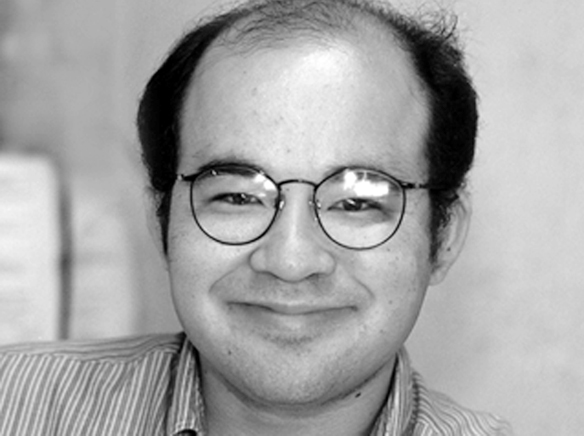One of the better places to stay on the island of Maui is now gone.
No, it wasn’t struck down by a hurricane, like the Coco Palms (from the movie “Blue Hawaii”) on Kauai. Nor was it burned by the fiery rage of Madam Pele (this was on Maui, not near Kilauea on the Big Island).
No, the destruction of the Makena Beach and Golf Resort was a completely man-made incident.
One of the better places to stay on the island of Maui is now gone.
No, it wasn’t struck down by a hurricane, like the Coco Palms (from the movie “Blue Hawaii”) on Kauai. Nor was it burned by the fiery rage of Madam Pele (this was on Maui, not near Kilauea on the Big Island).
No, the destruction of the Makena Beach and Golf Resort was a completely man-made incident.
Unless the real estate developers who currently own the resort have had a recent “phone call from the governor” change of heart, the hotel will have closed its doors by the time this column reaches you.
Of course, there are still plenty of other places to stay on Maui. Hawaii’s economy has been shifting away from pineapples and sugar to hotels and tourism for a while now.
Strange ideas make sense in a tourist economy, such as the shave ice stand with free wi-fi or the stores which sell beach mats, T-shirts, swimsuits and snorkel gear, but also (I lost my) toothpaste, band-aids, batteries and hair spray.
As long as there are tourists coming to Hawaii, there will always be new hotels, renovated resorts and other accommodations.
But, Makena was unique. First of all, it was somewhat isolated. This meant a long drive into Lahaina, but also quiet evenings and a sense of being away from the crowd.
The hotel’s original Japanese owners gave the place a typically Zen understated feel and unadorned look. This included a Japanese-Hawaiian garden in the middle of the hotel, which added a touch of natural island beauty and serenity to the place.
This was a huge difference from flashy and ostentatious places such as the Grand Wailea, just a few miles up the road from Makena. (See also: the Hilton Waikoloa Village, the Kauai Marriott Resort, etc.)
Makena was also good about free activities and events, ranging from lei making class to ukulele instruction to guided art tours. An astronomer with a telescope pointed out highlights of the night sky once a week.
Surprisingly, when my mother and I visited the place recently, the staff was still doing an excellent job of keeping the place up (which is not easy, given heavy air-conditioning use, and people tracking in sand from the beach).
Every maid, chef, maintenance man, gardener and bellboy would lose out when the hotel closed. Yet everyone was cheerful, helpful and professional.
So why close Makena? To build luxury homes, just like the ones in nearby Wailea.
In the future, my mother and I may stick to the Hapuna Beach Prince Hotel on the Big Island, which is similarly isolated, low-key and Japanese-influenced.
But Makena will definitely be missed.
James Fujita is a former GVN news editor. He works for the Visalia Times-Delta in California’s Central Valley. Fujita can be contacted at jim61773@yahoo.com





















